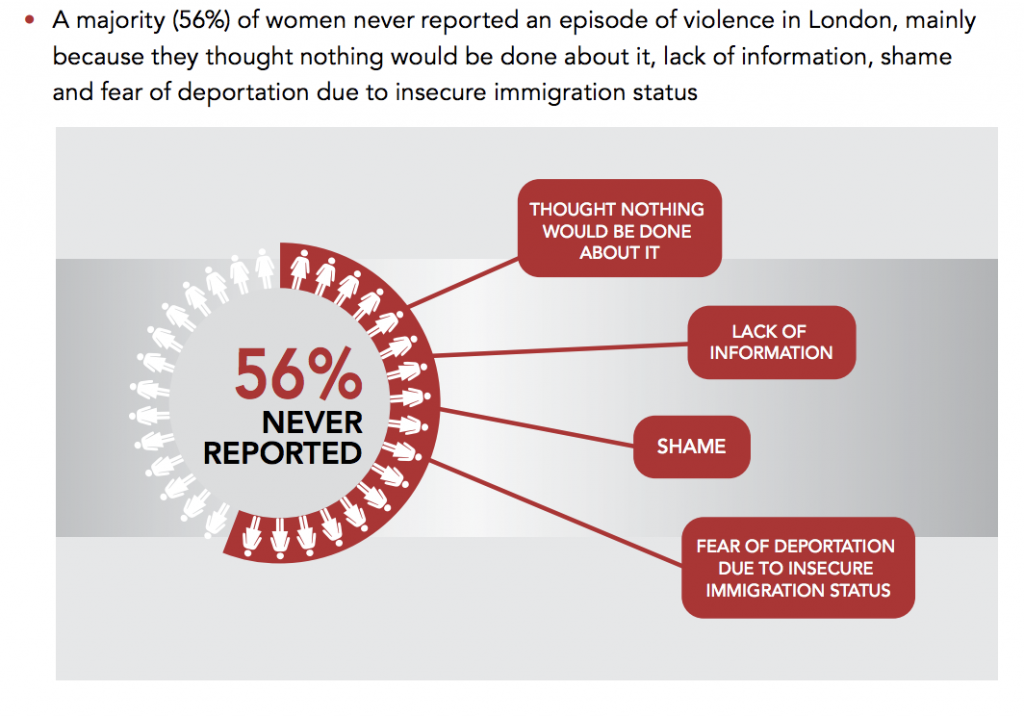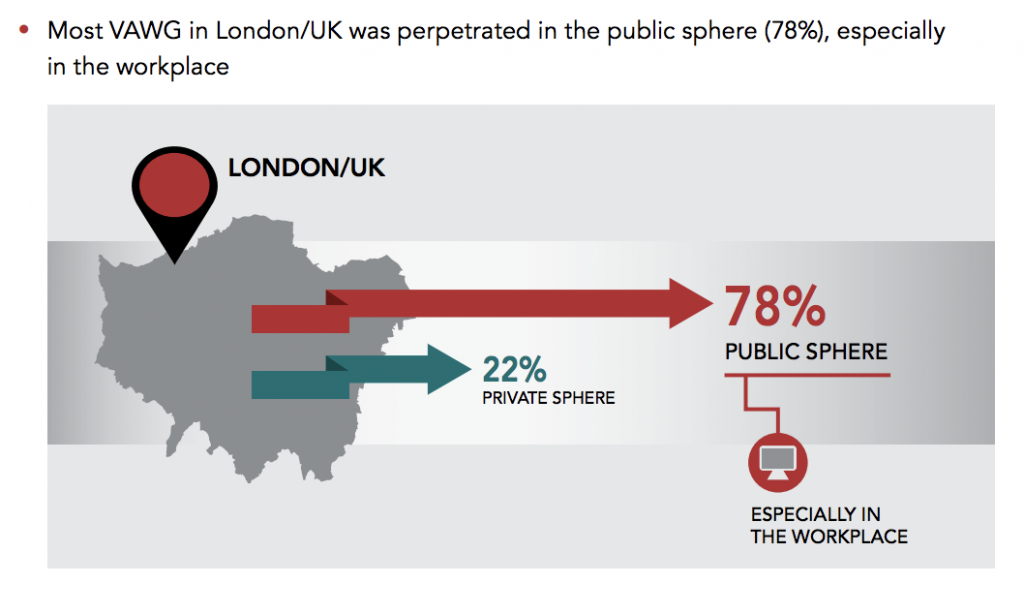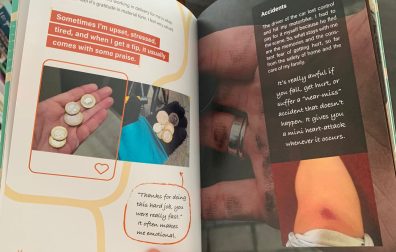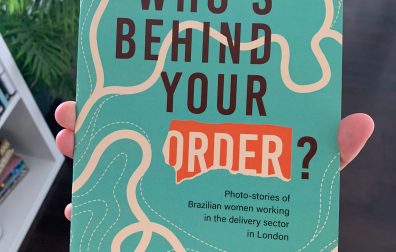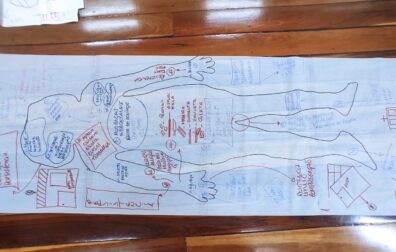The research Transnational Perspectives on Urban Violence Against Women and Girls (VAWG) is an interdisciplinary project led from 2016 to 2018 that examined the localised and transnational dynamics of VAWG experienced by women in Maré, a favela community in Rio de Janeiro (Brazil), and among Brazilian migrant women in London.
It explored the nature, causes and consequences of VAWG from a multi-scalar approach that acknowledges the linkages between the cities of the Global South and North through complex geographies of globalisation and international migration.
The research led to the development of further study in the Maré community with Resisting violence, creating dignity project (2019 – 2022), which explores how Violence Against Women and Girls (VAWG) can be more effectively reduced and prevented through harnessing the formal, informal and creative resistance practices developed by women and for women to build dignity through community history-making. In this way, it addresses resistance to Violence Against Women and Girls which engenders dignity through capturing and visibilising the community institutional and creative histories, as a form of community heritage.

